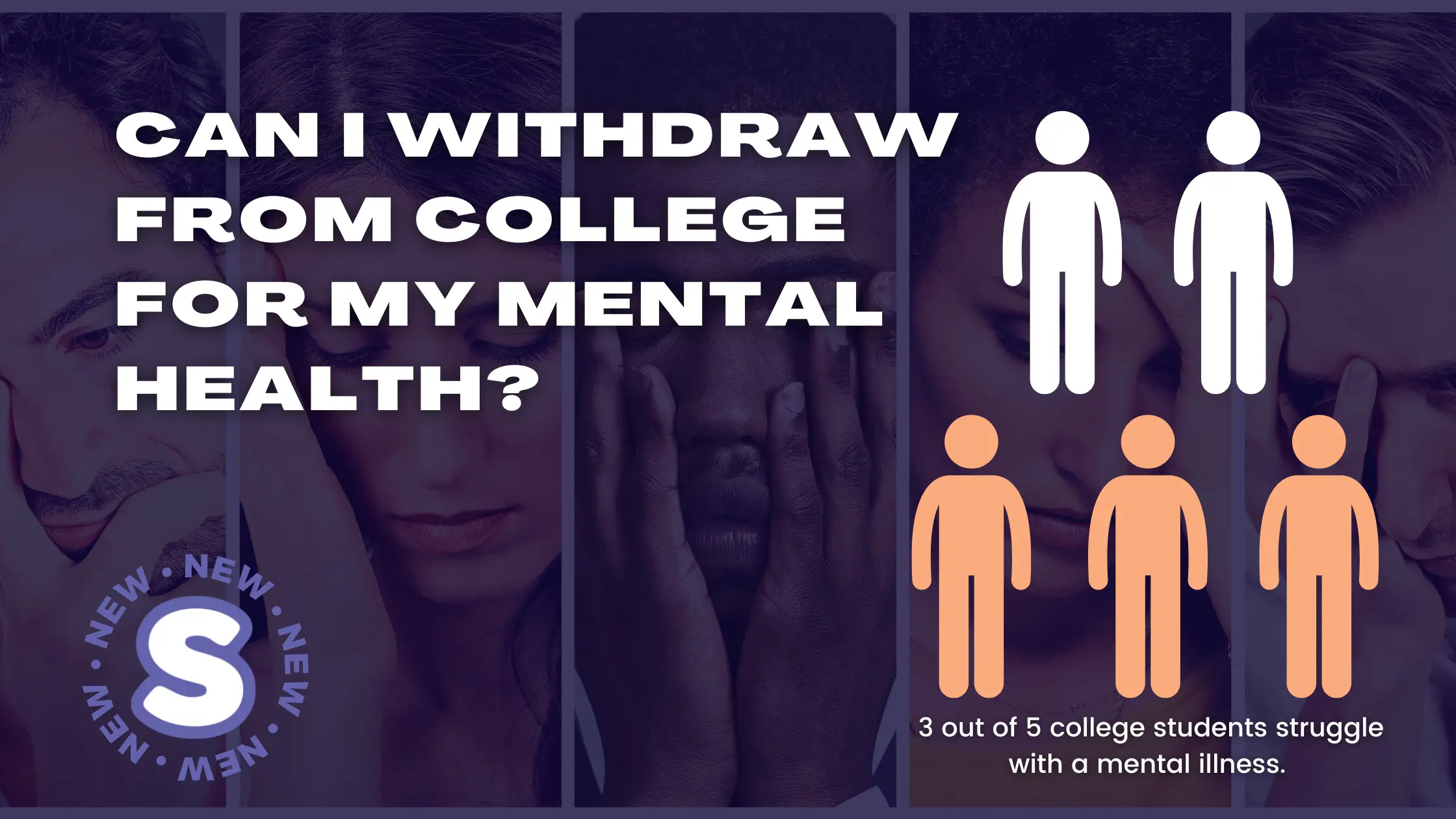This blog was written by Fani Sculley, Speaks 2 Inspire:
Disclaimer: If you are thinking about suicide, please stop reading and reach out for help—text or call 988 to speak with a counselor.
In 2014, Abraham went from being a bright, engaged, and energetic college student to isolating himself in his room, missing classes, misusing drugs and alcohol, and failing his courses. He struggled in silence for months before a peer noticed these changes and encouraged him to get help.
A few weeks later, Abraham was diagnosed with clinical depression, a debilitating mental health disorder characterized by persistent feelings of loneliness, hopelessness, and loss of interest in activities, causing significant impairment in daily life (American Psychiatric Association, 2013). One of Abraham’s biggest concerns was how this illness would affect his academic career and whether he would be able to finish college.
After reaching out for help from a campus case manager, Abraham found that his college had a policy that permitted mental health-related medical withdrawals. This leave of absence allowed him to take the academic break he needed to prioritize his mental health without fear of being penalized grade-wise or tuition-wise.
Months later, Abraham came back stronger than ever. He completed his bachelor’s degree and went on to create a movement that inspires hundreds of students across the U.S. to prioritize their mental health.
Sadly, Abraham’s story is not unique. Many students struggle in silence and drop out of college because of stigma, outdated policies, or lack of education about school resources.
Can I Take Time off School to Focus on My Mental Health?
Most schools allow a temporary leave of absence for students. A medical withdrawal or leave of absence is a university-approved period where a student may unenroll in classes, take a break, and reenroll in the future without academic or financial penalties.
There are many reasons a student may apply for a medical withdrawal, including medical conditions, a death in the family, or other emergencies. Additionally, a student dealing with severe mental health problems may also be able to apply for a medical withdrawal as part of their recovery plan under the Individuals with Disabilities Education Act (IDEA).
When Should I Consider a Leave of Absence?
You may want to consider a medical withdrawal if:
-
Your mental health is affecting your participation in academic and campus life.
-
You feel you are in crisis or hopeless.
-
You believe the stress and pressure of college are seriously disrupting your recovery.
-
You believe you need additional care that may not be accessible on campus.
-
You feel that a break from classes would be beneficial
What Next?
If you are experiencing a mental health crisis, reach out for help, consider your options, and discuss them with your mental health care provider.
Your university may already have systems in place to support you during this time. Check out your campus counseling center or reach out to your academic advisor, Dean of Students, professors, student case management, or disability support services. Find out what services are available, discuss your intent with trusted friends or family members, and create a recovery plan that includes goals, deadlines, and next steps.
Help is available. Hope is restorable.
It’s okay to need a break to focus on your well-being. A leave of absence may significantly improve your recovery process and give you the space you need to take care of yourself. Then, you can come back better and stronger than ever.
More Mental Health Resources
– Four Signs That You Need Therapy
– Tips to manage stress when you are feeling off
– Selfcare tips: 7 Ways to take care of your mental health
This blog was written by Fani Sculley. Connect with Fani on LinkedIn.
At Speaks 2 Inspire, we’re committed to raising mental health awareness among young people in schools.
Contact us to learn more about our programs for colleges and universities.
Join our newsletter for more content, event notifications, and S2I updates.
Was this post valuable? Share it on your social media platform!







